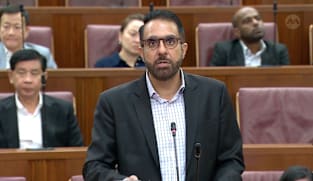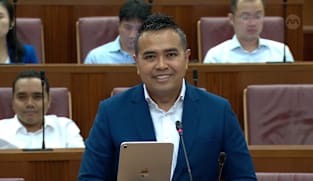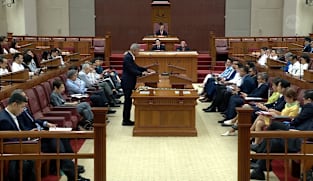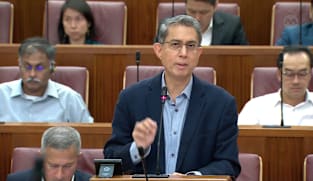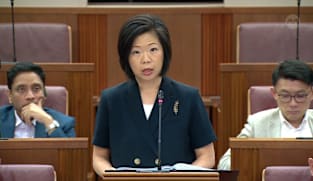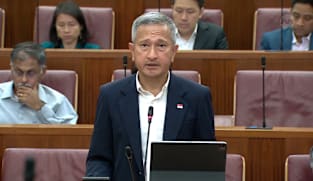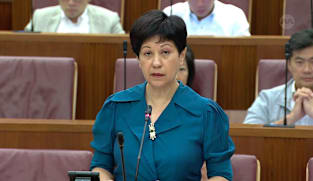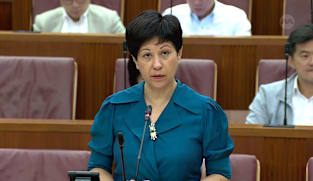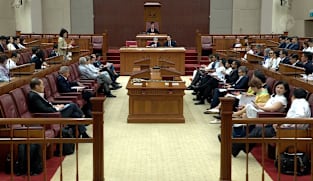Razwana Begum Abdul Rahim on Significant Investments Review Bill
The terms “national security” and “national security interests” are inherently vague, and national security threats are constantly evolving. As a result, it may not be feasible to include a workable definition of those terms in the Significant Investments Review Bill, noted NMP Razwana Begum Abdul Rahim in Parliament on Tuesday (Jan 9). She asked if the Ministry of Trade and Industry (MTI) would consider developing an “evidence-based robust and flexible risk assessment tool” that can be used across all ministries to identify issues of national security. It could also be used to assess or categorise investments based on their potential impact on national security and form the basis of guidelines for potential investors. This in turn would boost investors’ confidence in expanding into sensitive industries and maintain the image of Singapore as being efficient and pro-business, she said. Assoc Prof Razwana said such publicly available sectoral guidance is already in use in Australia, which has also implemented national interest and national security tests as part of its investment screening policy. She also spoke about the proposed Office of Significant Investments Review, to be set up within MTI. She said defining its roles and functions legislatively will offer certainty and stability. It should also be seen as accessible and business-friendly, not only as an authority to oversee, investigate and issue remedial or punitive directions.
The terms “national security” and “national security interests” are inherently vague, and national security threats are constantly evolving. As a result, it may not be feasible to include a workable definition of those terms in the Significant Investments Review Bill, noted NMP Razwana Begum Abdul Rahim in Parliament on Tuesday (Jan 9). She asked if the Ministry of Trade and Industry (MTI) would consider developing an “evidence-based robust and flexible risk assessment tool” that can be used across all ministries to identify issues of national security. It could also be used to assess or categorise investments based on their potential impact on national security and form the basis of guidelines for potential investors. This in turn would boost investors’ confidence in expanding into sensitive industries and maintain the image of Singapore as being efficient and pro-business, she said. Assoc Prof Razwana said such publicly available sectoral guidance is already in use in Australia, which has also implemented national interest and national security tests as part of its investment screening policy. She also spoke about the proposed Office of Significant Investments Review, to be set up within MTI. She said defining its roles and functions legislatively will offer certainty and stability. It should also be seen as accessible and business-friendly, not only as an authority to oversee, investigate and issue remedial or punitive directions.








